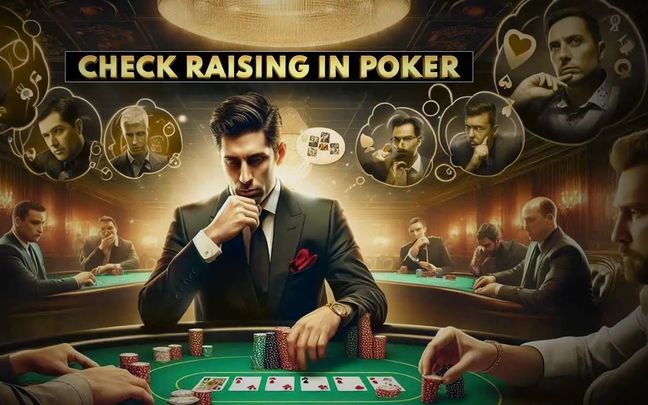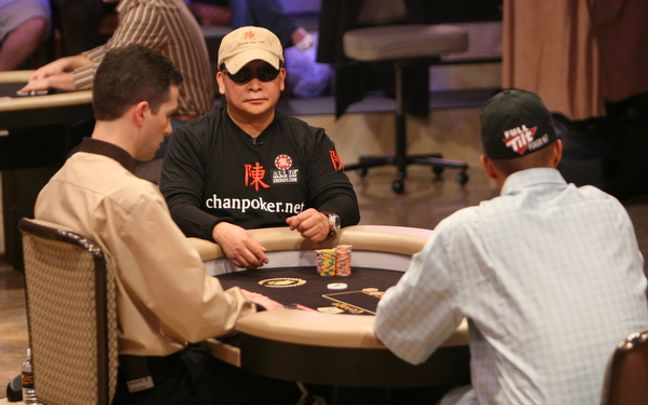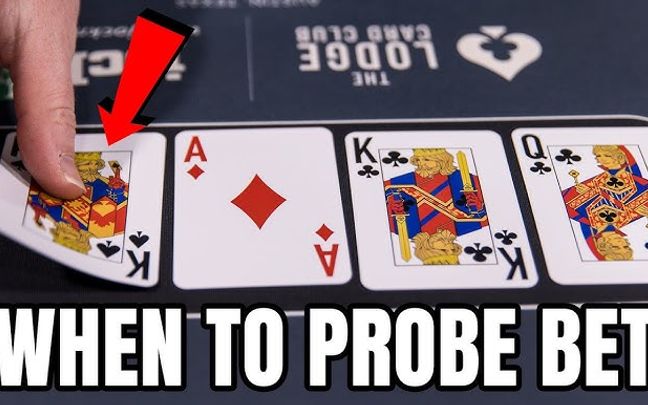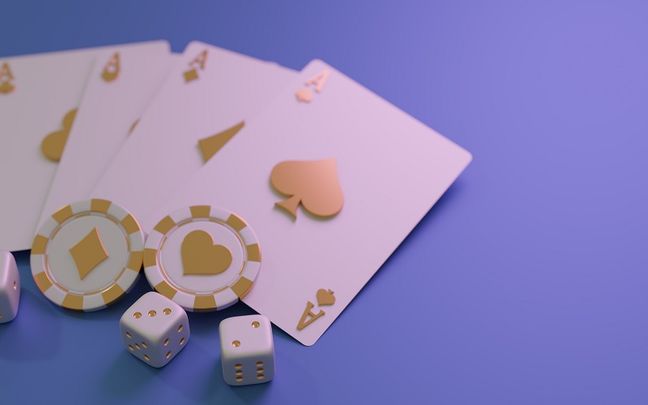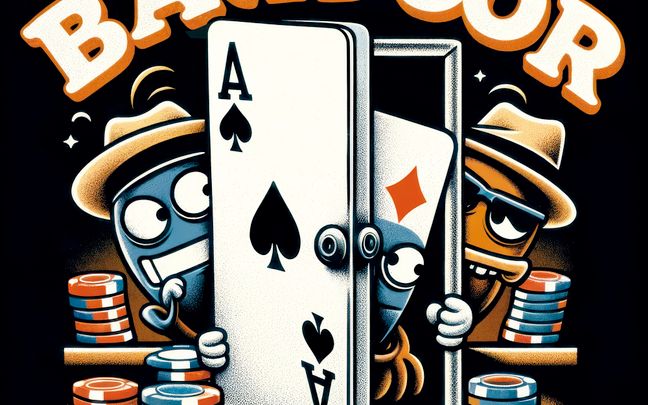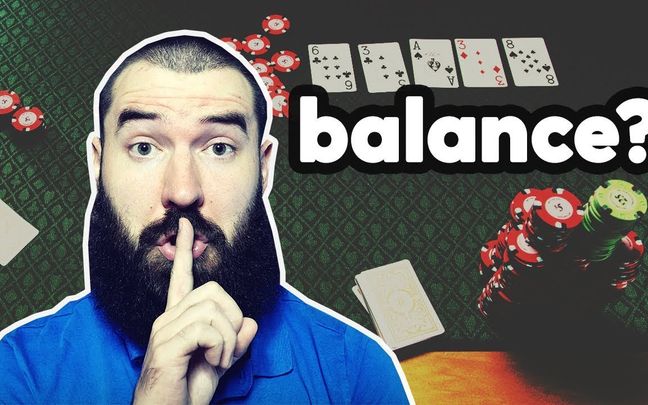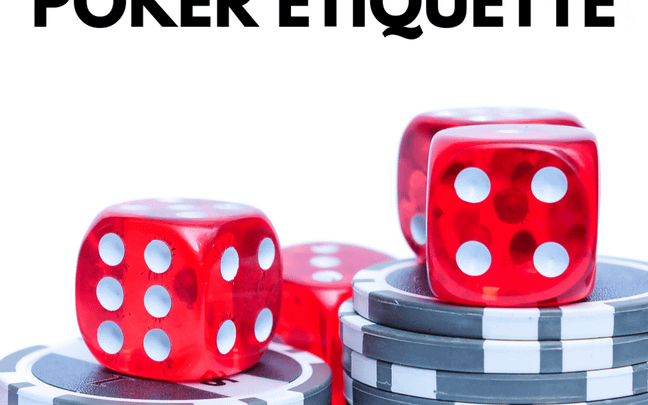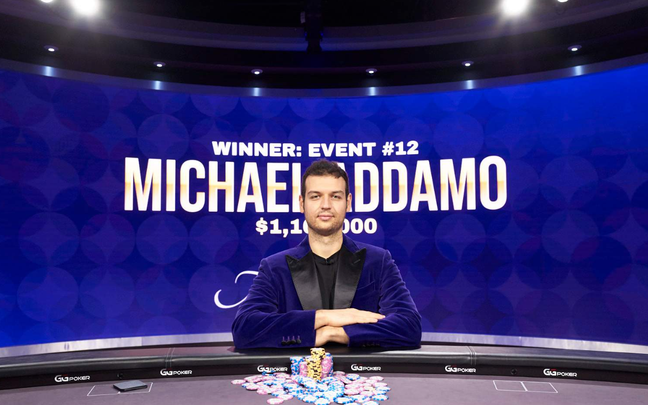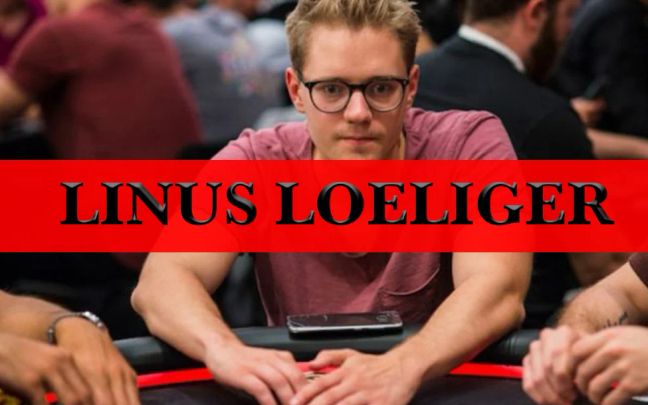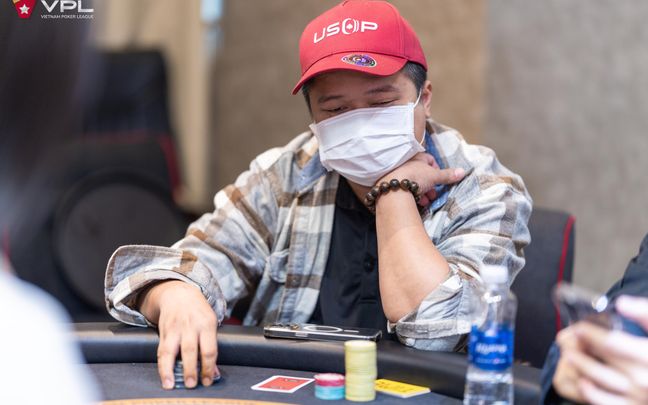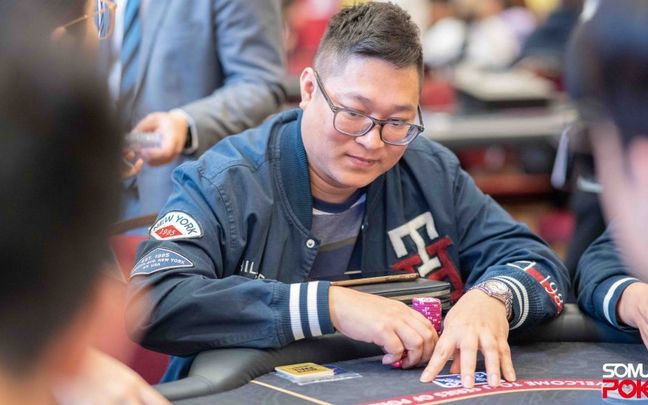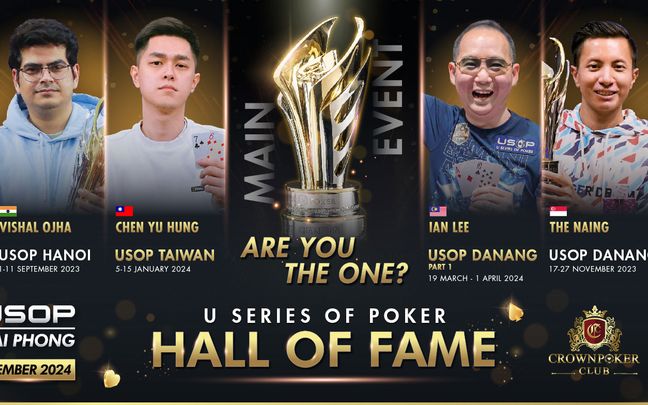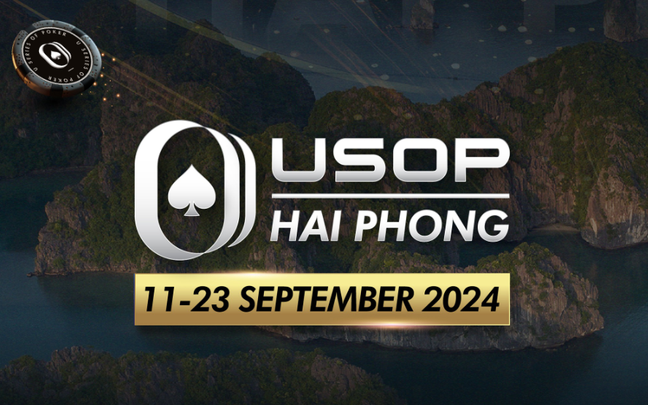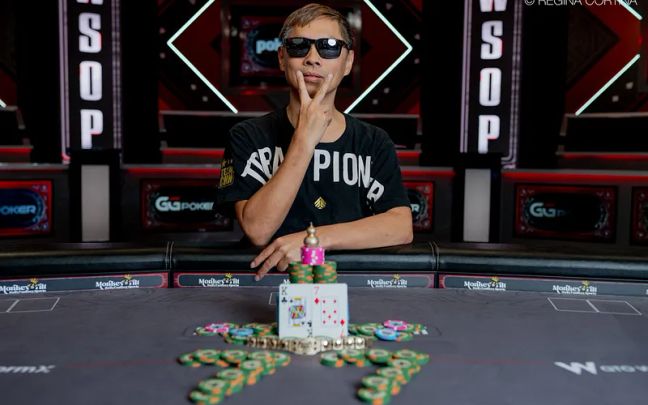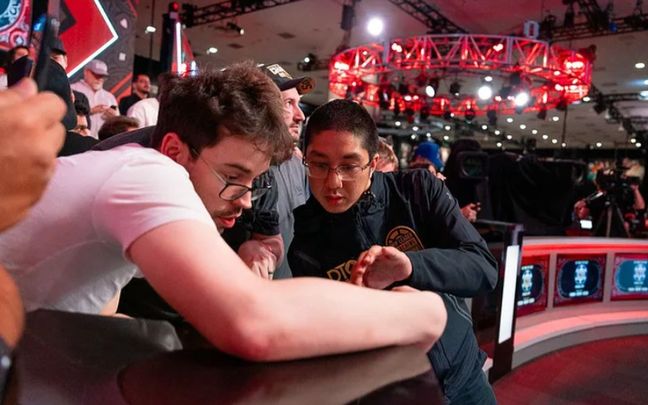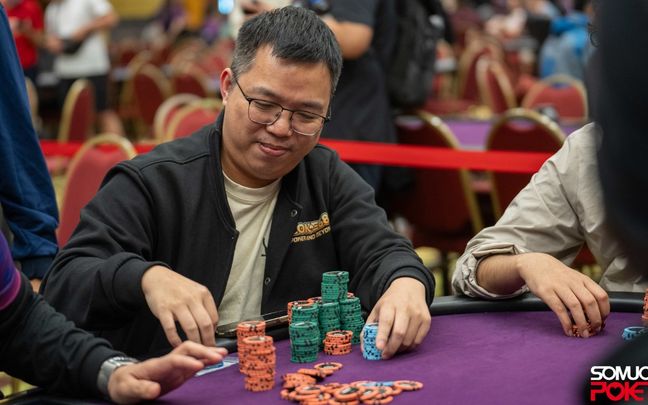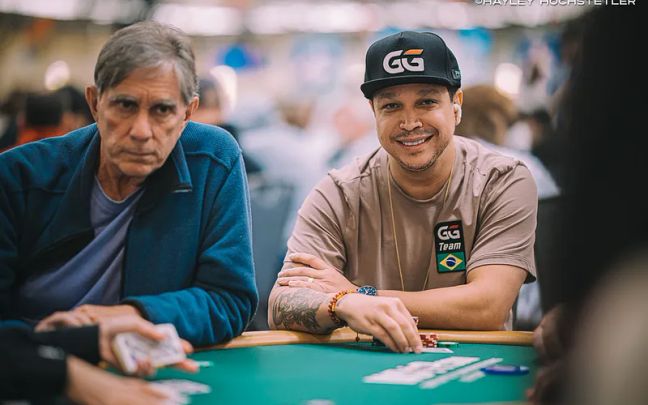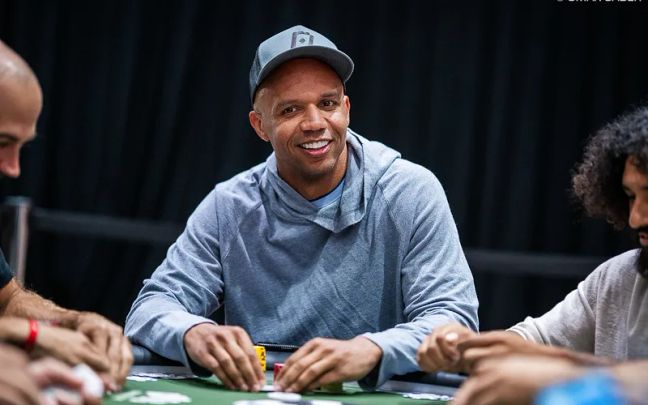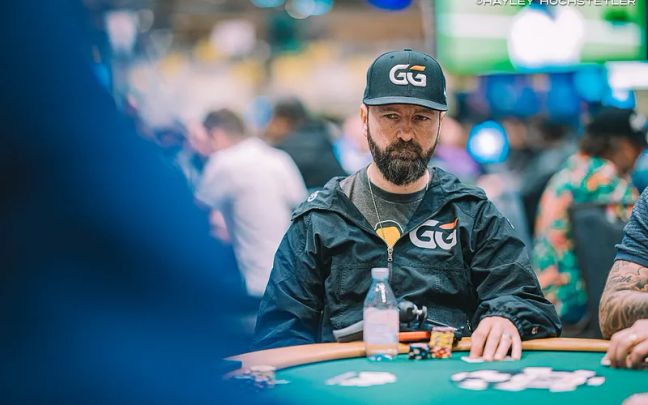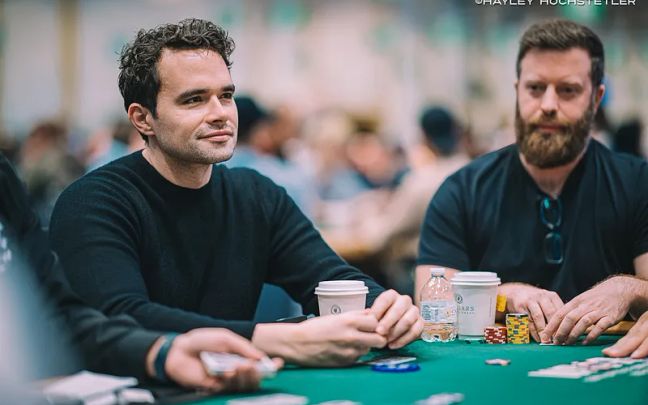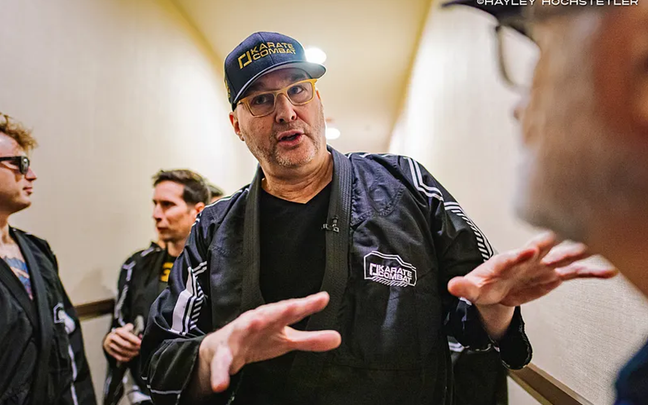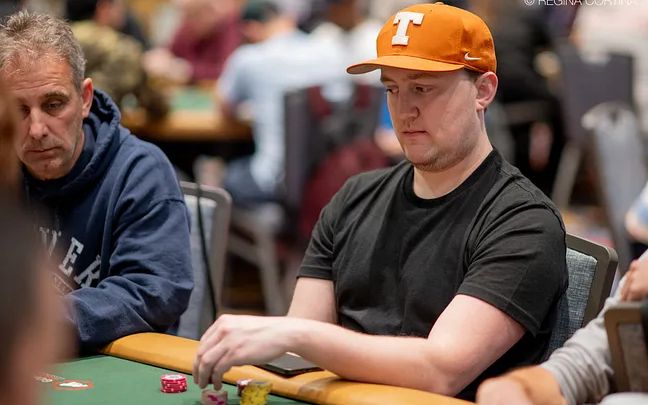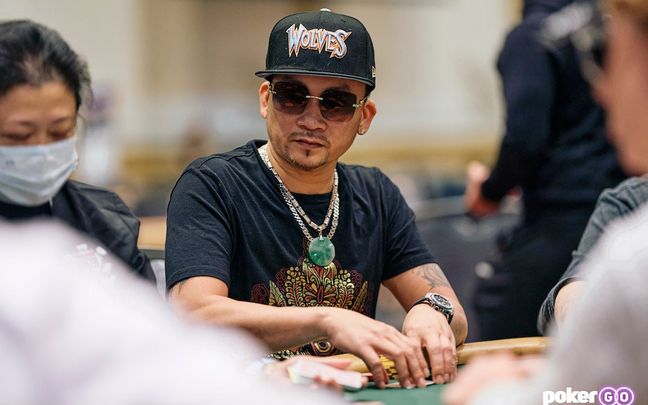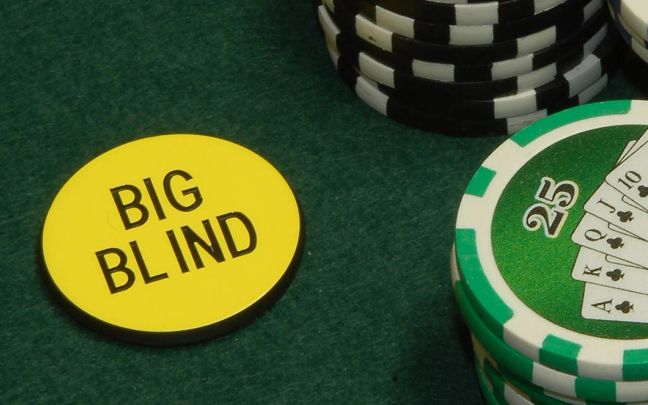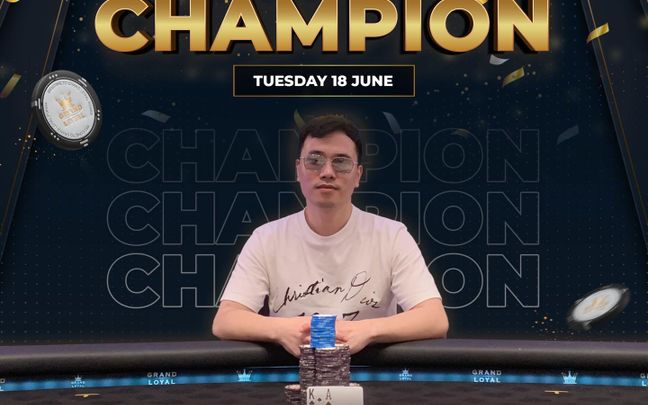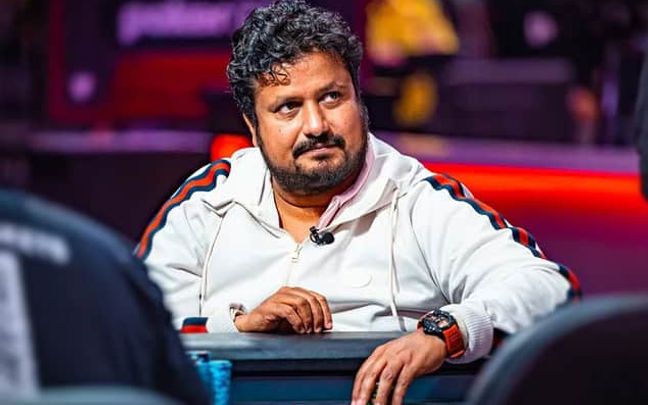he debate over who is the greatest poker player of all time can go on endlessly, with countless differing opinions. However, there is no doubt that Phil Ivey deserves a spot in that discussion. He showcased his class on Day 4 of Event #29: the $10,000 2-7 Triple Draw Championship.
Recognized as one of the best players in the game for the past 20 years, Ivey recently ended a decade-long drought at the World Series of Poker by defeating Danny Wong in a heads-up battle to capture his 11th WSOP bracelet. This victory propelled him past notable names such as Johnny Chan, Erik Seidel, and the late legend Doyle Brunson, moving him into second place on the all-time leaderboard.
"It's great. Winning always feels good," Ivey said. Many were present to witness the moment as the legend set a new record.
Ivey Reigns Supreme
Poker has evolved tremendously since the early 21st century, especially with the significant rise of online poker. Young stars have trained extensively, often playing more hands in a single day than some seasoned professionals would in a year. Solvers and game theory now dominate a new generation of professional players who spend more time analyzing charts than staring down their opponents.
Throughout this period, Phil Ivey has maintained his dominance. His first bracelet win came in 2000, defeating Amarillo Slim. Now, he competes against players who weren't even born when he first became a champion.
Historically, Ivey's achievements have matched those of Phil Hellmuth. There was a time when he was hot on Hellmuth's heels, capturing five bracelets by the age of 30 and ten by 40. However, a decade passed without a title, during which Ivey sometimes didn't even appear at the WSOP.
Now a family man, Ivey no longer dedicates as much time to poker as he once did. But the fire and talent remain. "I'm motivated. If I can play, I'll play," he said. "I keep showing up. Playing, performing. I want to keep winning."
Ivey has resumed his pursuit of Hellmuth's record with today's victory, but that isn't what drives him. "I don't think about that. I'm just playing. Just playing tournaments when I can," he said. Today, Ivey proved that he won't give up easily.
Phil Ivey's WSOP Bracelets
|
|
Year |
Series |
Tournament |
Payout |
|
|
2000 |
WSOP Vegas |
$2,500 Pot-Limit Omaha |
$195,000 |
|
|
2002 |
WSOP Vegas |
$1,500 Limit Seven Card Stud |
$132,000 |
|
|
2002 |
WSOP Vegas |
$2,500 Limit Seven Card Stud Hi-Lo |
$118,440 |
|
|
2002 |
WSOP Vegas |
$2,000 Limit S.H.O.E. |
$107,540 |
|
|
2005 |
WSOP Vegas |
$5,000 Pot-Limit Omaha |
$635,603 |
|
|
2009 |
WSOP Vegas |
$2,500 No-Limit 2-7 Lowball Draw |
$96,367 |
|
|
2009 |
WSOP Vegas |
$2,500 Omaha/Seven Card Stud Hi-Lo |
$220,538 |
|
|
2010 |
WSOP Vegas |
$3,000 H.O.R.S.E. |
$329,840 |
|
|
2013 |
WSOP Asia Pacific |
A$2,200 Mixed Event (8-Game) |
A$51,840 |
|
|
2014 |
WSOP Vegas |
$1,500 8-Game Mix |
$166,986 |
|
|
2024 |
WSOP Vegas |
$10,000 Limit 2-7 Triple Draw Championship |
$347,440 |
